News and Articles › Gripping Film Moments
The spirit can assert itself only through the medium of clear form.
— Gustav Mahler, composer
Top list
View the entire list
The thing that funerals and the Christmas holidays have in common is that people are abnormally sincere about them.
Classical music – arrangements of lights and decorations… you are suddenly allowed a bit of kitsch into your life.
Then comes January…
But right now it is Christmas Eve and in my native country – Norway – everyone gathers in front of the television screen to watch the Czechoslovakian movie Three Wishes for Cinderella which is broadcasted once a year on the national TV-channel.
Apparently they have the same tradition in Switzerland – Germany – Poland – Russia – Slovakia – Czech and Ukraine.
I worship this tradition. It is one of few things I rather enjoy about Christmas but-
Why not broadcast this amazing movie once a week?
Tři oříšky pro Popelku / Three Wishes for Cinderella is surely one of the most pathetic films I have ever seen in my life. I am always moved by the epilogue where the Prince and Cinderella wander off on horseback – which makes this movie an exception from my dogmatic love for tragic endings.
After I read the excellent book on screenwriting called “Save the Cat” by Blake Snyder a little over a year ago – I decided to analyse this film on last Christmas Eve.
When I sat down and watched the film with Save the Cat in front of me I was stunned. First of all – It is a typical Out of the Bottle movie. Second – Three Wishes for Cinderella and Blake Snyder’s Beat Sheet almost synchronise perfectly!
Thesis (7:00) – The King is coming to town and the stepmother wants to introduce the Prince to her daughter Dora (the Prince never shows up). The thesis of the movie is set when the stepmother prohibits Cinderella from greeting the King and says to her: “gone are the times your father took you to the forrest riding and shooting like a boy!”
But is Cinderella merely a housemaid? Time will tell.
Catalyst (16:00) – Cinderella and the Prince meet for the first time out in the woods.
Debate (21-32:00) – There will be a Ball at the Royal Castle to get the Prince married and settled. The stepmother is stuffing up Dora with jewelry and veils for her dress.
But will Cinderella be a part of it as well? And is the Prince actually interested in women or does he only want to go hunting in the forrest?
Antithesis (37:00) – Vincek – the driver – comes back from town with three hazelnuts for Cinderella. They turn out to be filled with three wishes and she uses the first one to receive a hunting outfit. The world gets turned on its head as Cinderella is no longer just a housemaid – she is a hunter too!
Fun and Games (38:00) – The important intermezzo between Antithesis and Mid Point rarely fails and in this movie the Fun and Games part happens at the Royal Hunt – where Cinderella meets her Prince for the second time. She ends up being chased through the woods by the Prince and his friends.
This is the heart of the movie.
The Prince actually chases Cinderella 3 times during less than one and a half hour of screen time and he never catches up with her!
Mid Point (47:00) – Back to reality! The stepmother is preparing Dora for the royal ball where she will have the chance of getting intimate with the Prince. For Cinderella – however – there will be no ball. She has to stay at home and separate the lentils from the corn – which the stepmother has thoughtfully mixed up for her. Interestingly, the greek myth about Psyche and Cupid consists of a similar scene where the “stepmother” (Venus) forces Psyche to separate wheat, barely, corn, lentils, and poppy seeds. Whilst Psyche is helped by mice that separate the crops for her, Cinderella gets help from Pigeons. So Cinderella has no intention of staying at home and she uses her second wish to receive a ball dress.
Bad Guys Close In (54:00) – This is known to be the most difficult section of the screenplay but in Three Wishes for Cinderella it is joyfully well executed! The Bad Guys Close In is essentially the tireless effort from Dora and the other women to persuade the prince into dancing with them. After Cinderella enters the ball later on – it is followed up by a perfect chase scene where the stepmother and the sister try to overcome her.
All Is Lost (112:00) – And the two bandits are successful! Cinderella gets locked up by Dora and the stepmother.
The Prince is simultaneously trying to identify his mysterious dancing partner at the ball. But none of the women in town have small enough feet to match the size of Cinderella’s ball shoe.
The stepmother then fools the prince by dressing Dora up in Cinderella’s ball dress and leads him on a merry chase into the woods. Unlike with Cinderella – he is able to catch up with Dora who’s wagon has driven off the road into icy water. Realizing his mistake as he sees her face – he lets her stay in the water and returns back to the little town.
Synthesis (118:00) – The last “third” of this movie lasts for only 3 minutes! Cinderella uses her third and final wish and receives a wedding dress. She then meets the Prince who recognizes her for the first time and they wander off on horseback in the state of eternal bliss.
Not only is she a hunter and a ball queen but she is also a Princess.
And more importantly – she is no longer a housemaid.
The sequence of events in Three Wishes for Cinderella follow in a logical order from beginning to end – which in my opinion is the most preferable narrative.
I am impressed with how they solved the issue with the three wishes.
The golden rule says that you do not show the audience more than one improbability in a film about real people in the real world.
You better believe a little bit in that improbability as well!
The best thing about the three hazelnuts – which makes Cindrella’s task much more heroic – is that she does not really get any superpower from her wishes. The nuts only include different outfits and she has to act upon every wish.
Another thing that makes Cinderella heroic is her contact with animals.
She feeds a cat – cares for her horse – converses with an owl – saves a deer from a point blank shot – tames a wild horse – and she is rescued twice by a flock of doves. There is even a dog surrounding her.
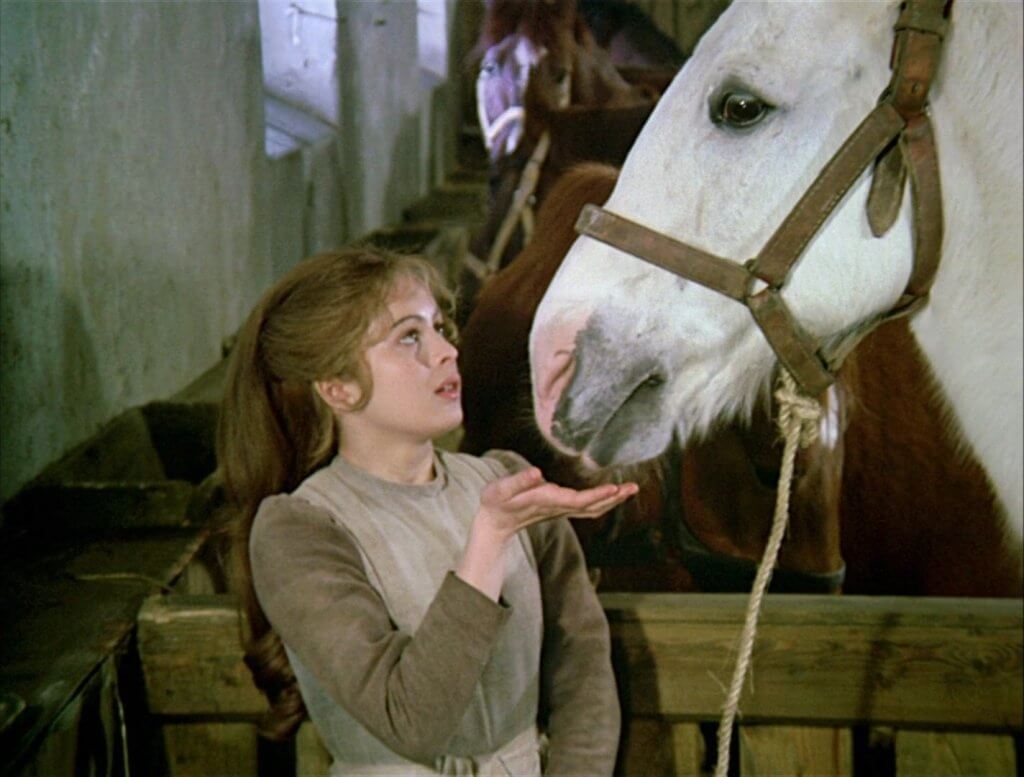
Remember! Heroes and heroines are always loved by animals. Literally all of Cinderella’s friends in this version of the story are of a different species than herself.
Has the animal / hero connection been blown out of proportions in this movie?
On the contrary – the audience loves it.
Cinderella is so sanctified by her respect for animals that around mid point, she can kill a hawk in cold blood and get away with it!
But the film could possibly have been ruined had they shot it during summer time (which was the initial plan).
Fortunately the film director Václav Vorlícek had an “odd” idea of snowy winter in his mind when he got involved in the project.
Think about that the next time you watch this December classic on Christmas Eve!
With Karel Svobod’s melodic music – great acting – and a carefully structured plot – Václav Vorlícek can crown himself as the film maker who has made the best interpretation of Cinderella that has ever been made.
Published on Saturday, December 24th, 2016
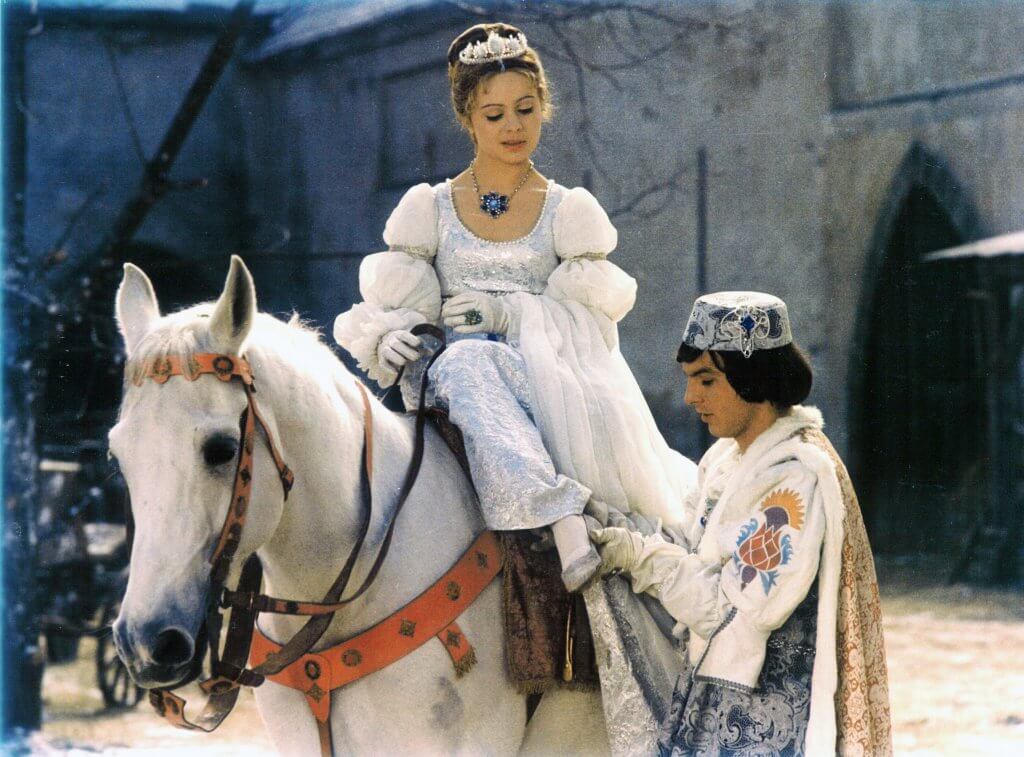



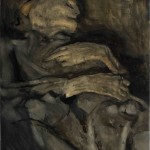

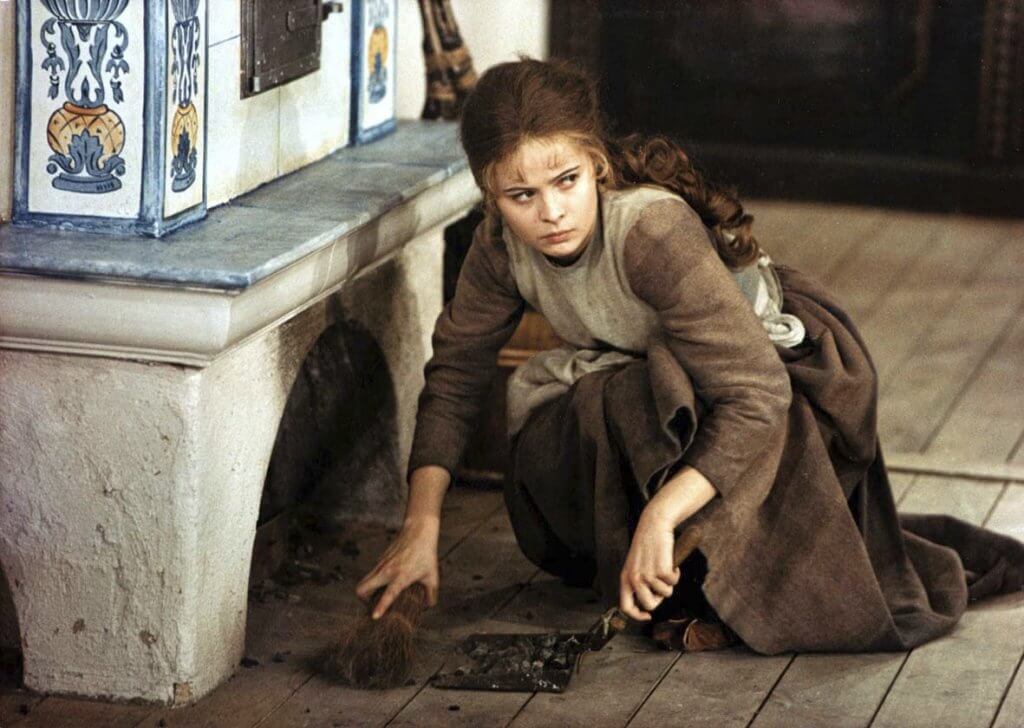
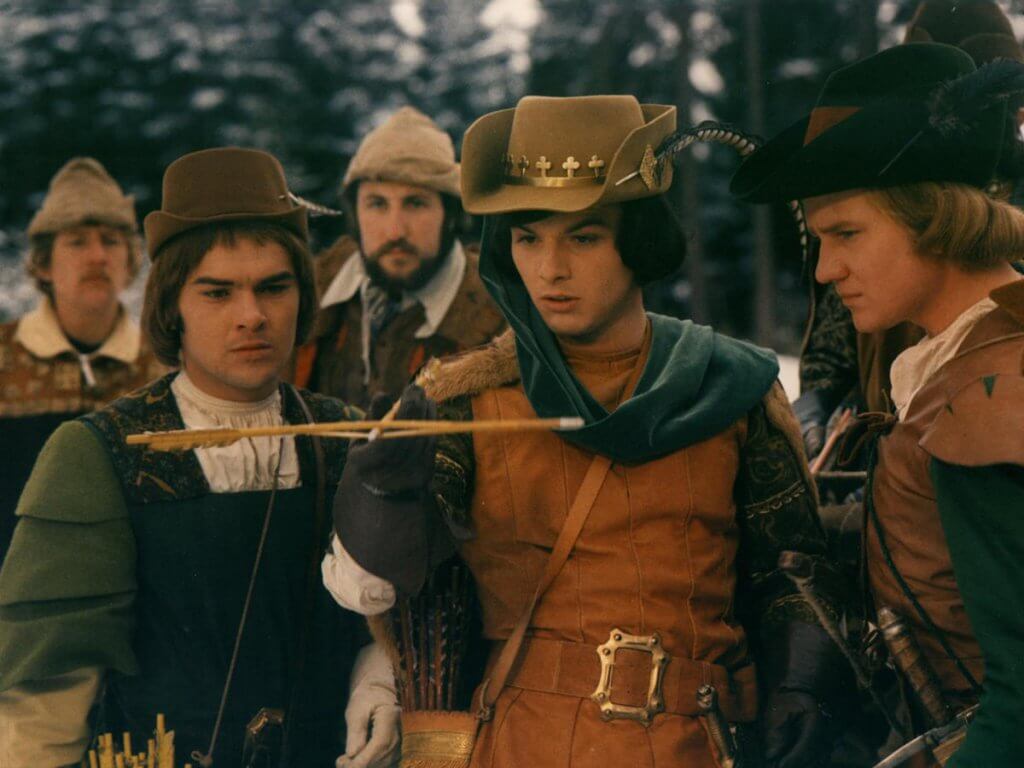

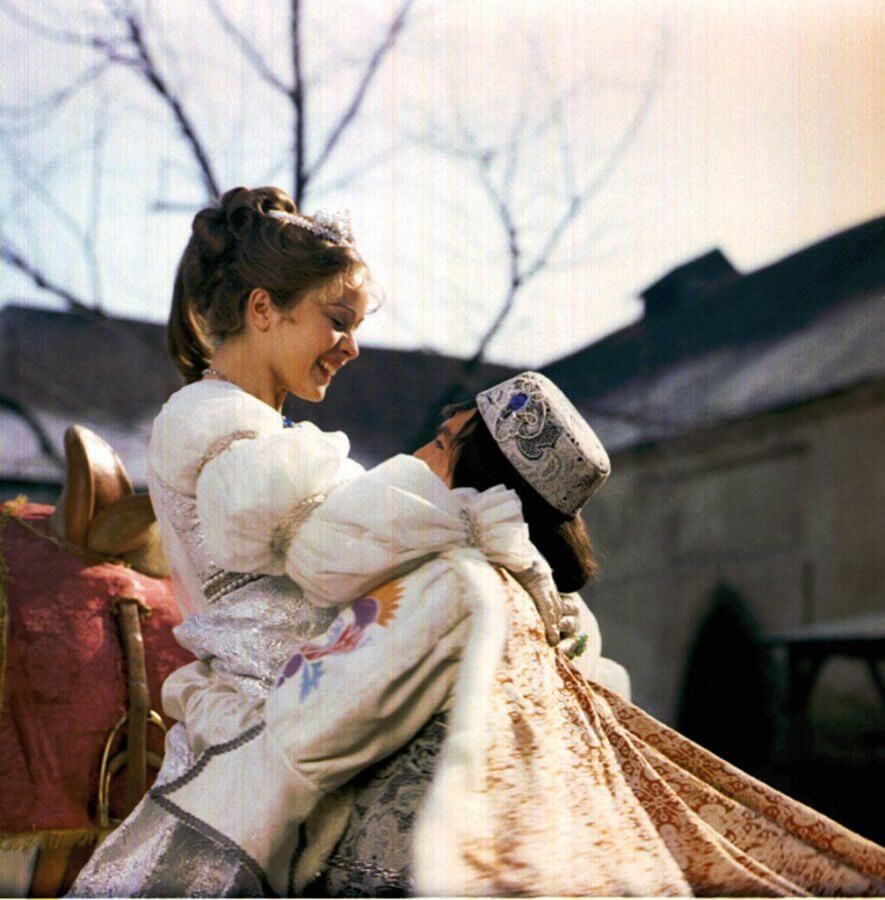
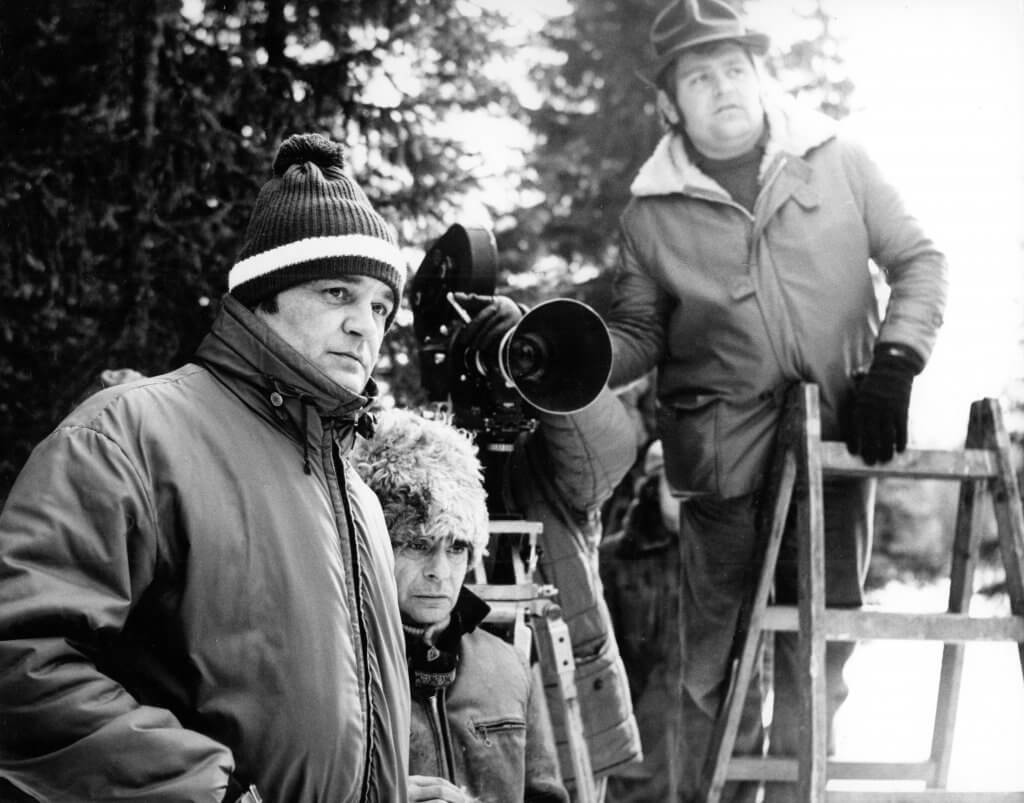
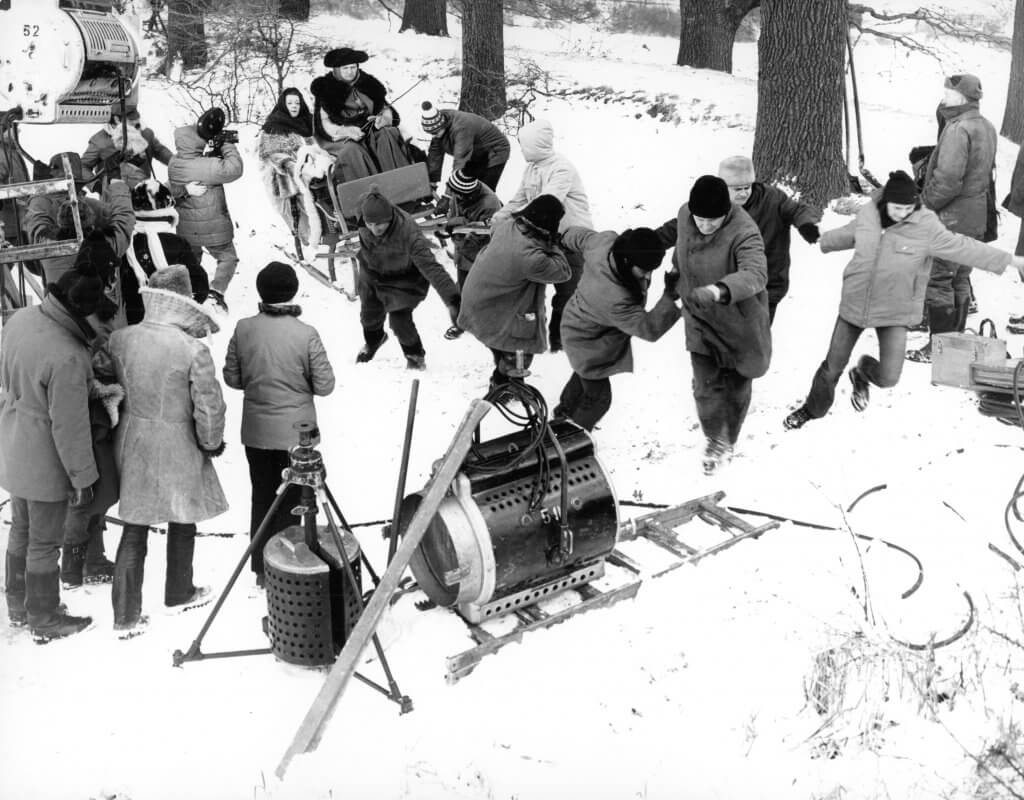
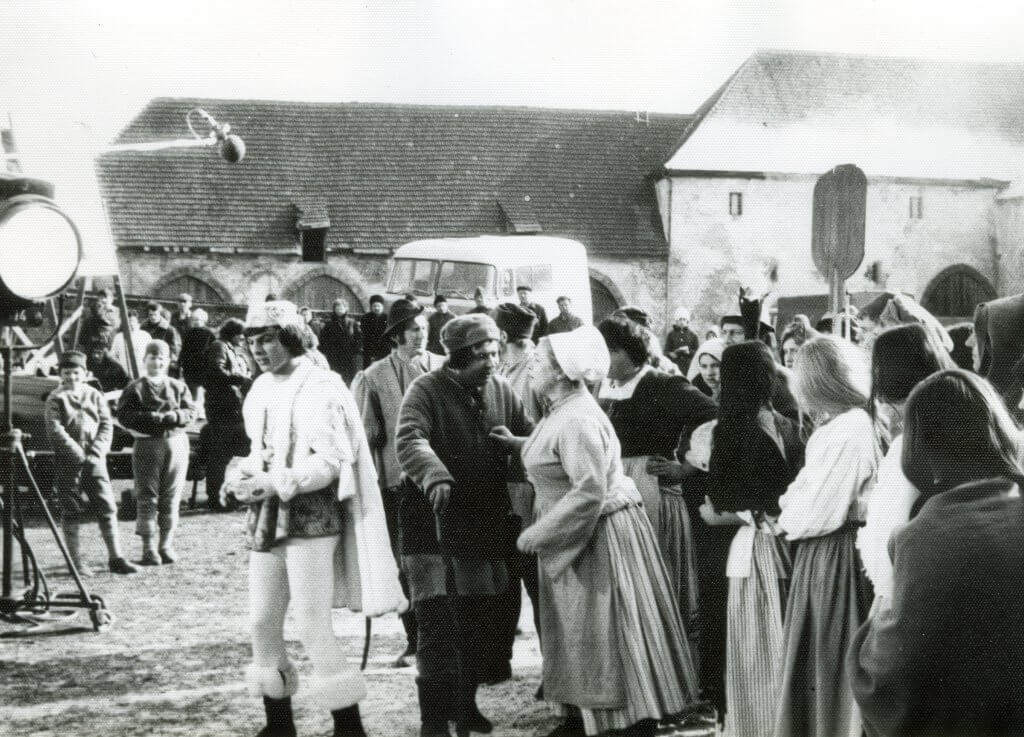
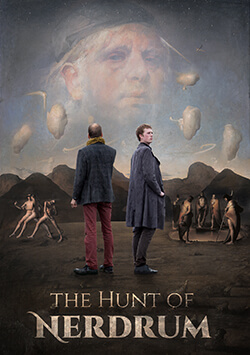
Wonderful analysis! I love the breakdown. It is helpful to me as I also use this structure. All Hollywood stuff is insane now, so I will compare this movie to the Cinderalla 2015 which might be Hollywood’s last good movie. (I read the original as a child with the hazelnuts and wondered why Disney got rid of them. ;)
[…] Haselnüsse für Aschenbrödel), has become a seasonal tradition in Eastern Europe. It’s broadcast every Christmas Eve in Norway, Switzerland, Germany, Russia, Poland, Slovakia, Ukraine and Czechia. The story observes […]
[…] Haselnüsse für Aschenbrödel), has become a seasonal tradition in Eastern Europe. It’s broadcast every Christmas Eve in Norway, Switzerland, Germany, Russia, Poland, Slovakia, Ukraine and Czechia. The story observes […]